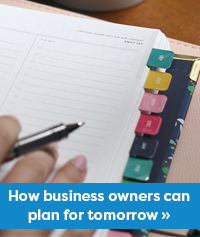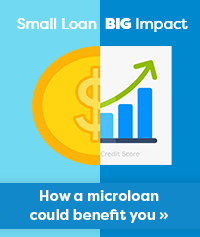Buying a Home and Being Self-Employed

Being your own boss is an adventure – just ask the 1 in 10 Nova Scotians who were classified as being self-employed in the last Canadian Census. ‘Solopreneurship’ offers many advantages, providing business owners the flexibility and freedom to make choices according to their vision. There are also certain financial realities that come with being self-employed, especially on the journey to home ownership.
If you are self-employed and thinking about home ownership, there are five key areas to consider when it comes to getting lenders to say ‘Yes!’:
If you are self-employed and thinking about home ownership, there are five key areas to consider when it comes to getting lenders to say ‘Yes!’:
- Proof of Income – The first step, which is often the most challenging for self-employed applicants, is providing proof of income. While salaried employees can demonstrate consistency and predictability with ease, self-employed borrowers may have less-than-predictable sources of income. The Canada Mortgage and Housing Corporation (CMHC) recently made changes to help qualified self-employed borrowers access CMHC’s Loan Insurance at no additional cost.
- Demonstrated Experience – The longer you’ve been in business and the more stable your annual financial statements are, the more likely you’ll be to qualify for a mortgage. If your business is less than two years old, it’s best to speak with a Financial Advisor to determine next steps.
- Credit & Consistency – Lenders always consider the 5 Cs of Credit to determine whether an applicant has the ability to pay back what they’re asking for. In addition to having demonstrated a stable income, your credit history and credit score influences your application and the rate you’ll qualify for. Paying bills on time and minimizing the amount of monthly unpaid balances will impact your application. Learn more about credit scores.
- Documentation – Be prepared to provide documentation – lots of it. Self-employed applicants need to show income for at least the last two years. This can be done with your T1 general tax forms and Notices of Assessment. Lenders may also require documents relating to the type of business you own, proof of tax status and annual financial statements.
- Savings – A larger savings account, resulting in a larger down payment is always the best option if possible. If you can make a 20% down payment, you can avoid insured mortgage fees. However, it can feel out of reach for many Canadians. CUA’s No Down Payment Mortgage option may be a possible solution to explore, but in addition to down payment and closing costs, self-employed applicants are encouraged to prepare for life’s unexpected surprises in the form of an emergency fund.
Revised Jun. 3, 2021







